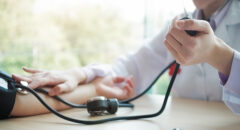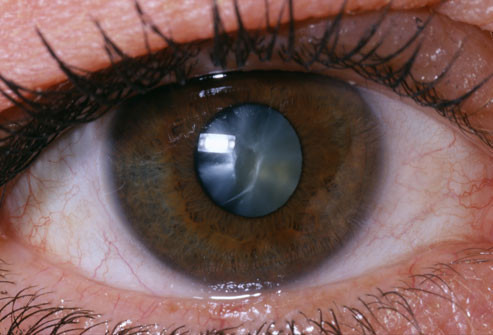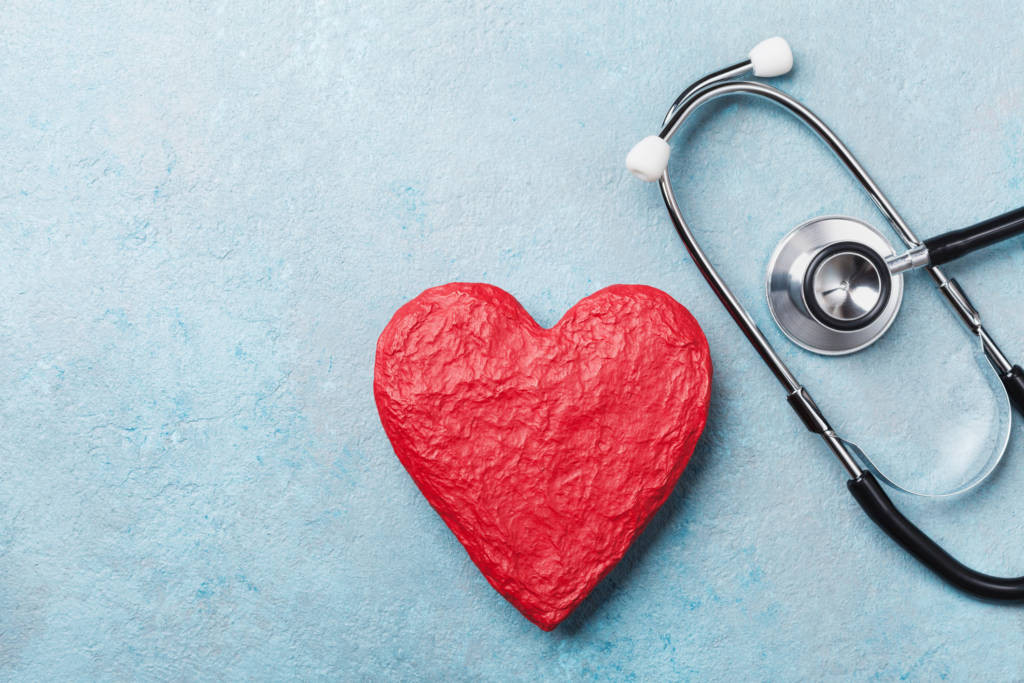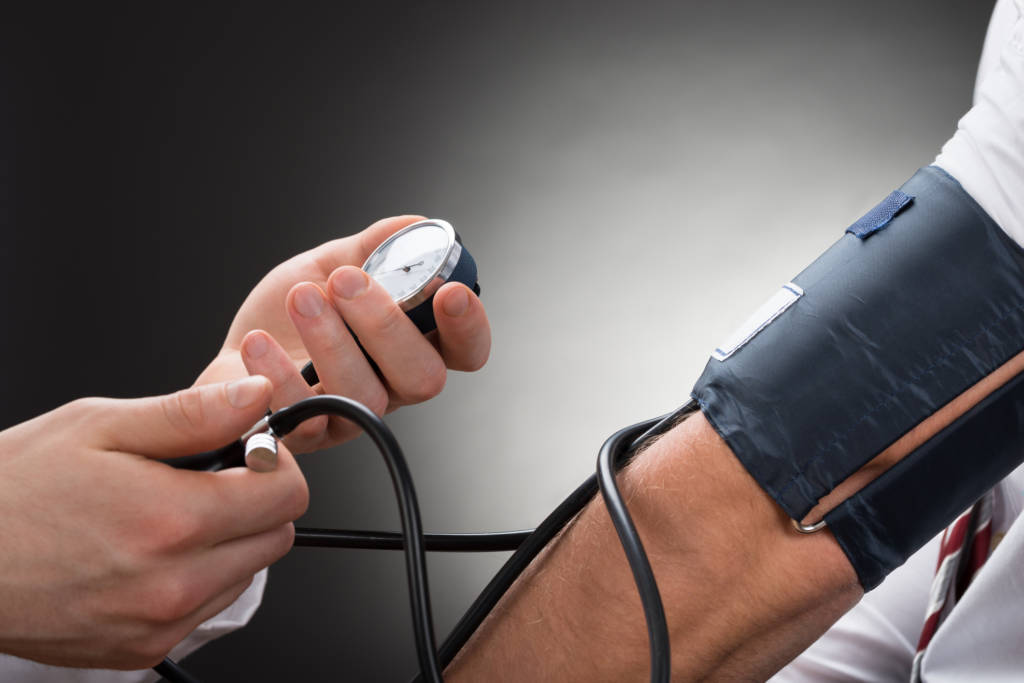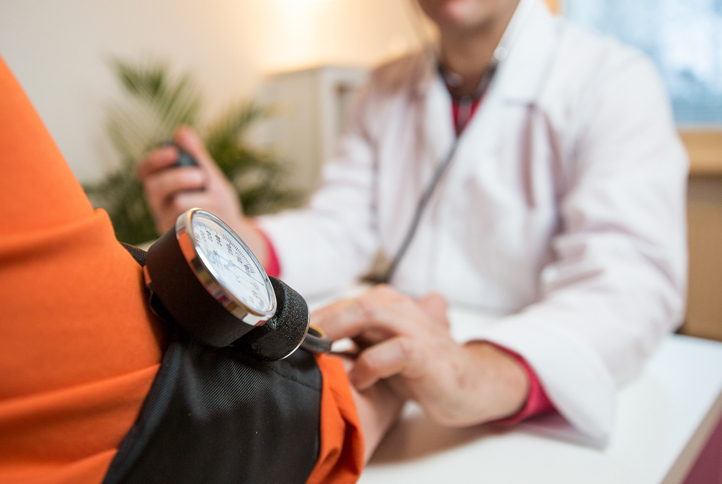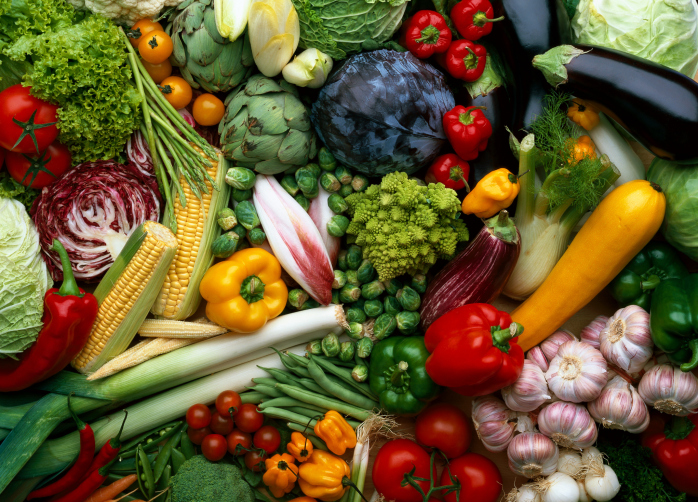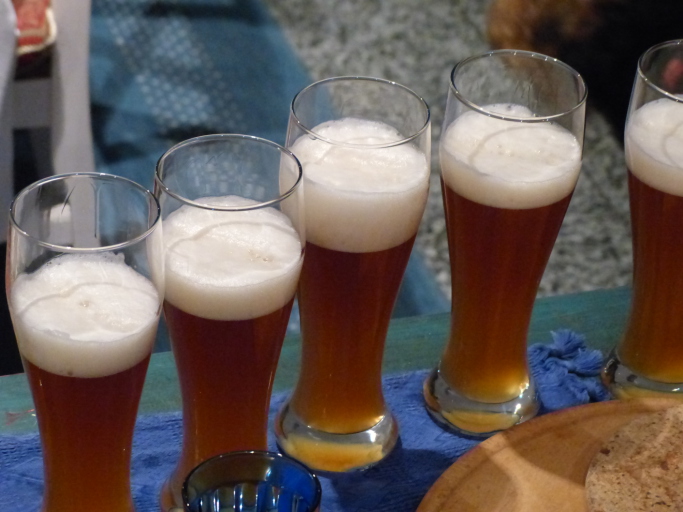 Moderate drinking is often touted as heart-healthy, but a large new study finds that even one drink a day might raise the risk of an abnormal heart rhythm called atrial fibrillation.
Moderate drinking is often touted as heart-healthy, but a large new study finds that even one drink a day might raise the risk of an abnormal heart rhythm called atrial fibrillation.
Atrial fibrillation, or a-fib, is a common heart arrhythmia where the upper chambers of the heart quiver chaotically, causing a fast and irregular heartbeat. It’s not immediately life-threatening, but over time, it can lead to a stroke or heart failure.
Experts have long considered heavy drinking a risk factor for a-fib. But studies have come to conflicting conclusions as to whether moderate drinking can contribute.
The new findings, published online Jan. 13 in the European Heart Journal, build the case that it does.
The researchers found that of 100,000 European adults free of a-fib, the risk of newly developing the condition started to climb with just one alcoholic drink a day.
People who drank that much were 16% more likely to develop a-fib over the next 14 years, versus lifelong non-drinkers.
And as the number of daily drinks rose, so did the risk of a-fib. People who said they averaged two drinks a day had a 36% greater risk, while those who downed three a day had a 52% higher risk — all relative to abstainers.
The findings do not prove a cause-and-effect relationship, the experts stressed.

